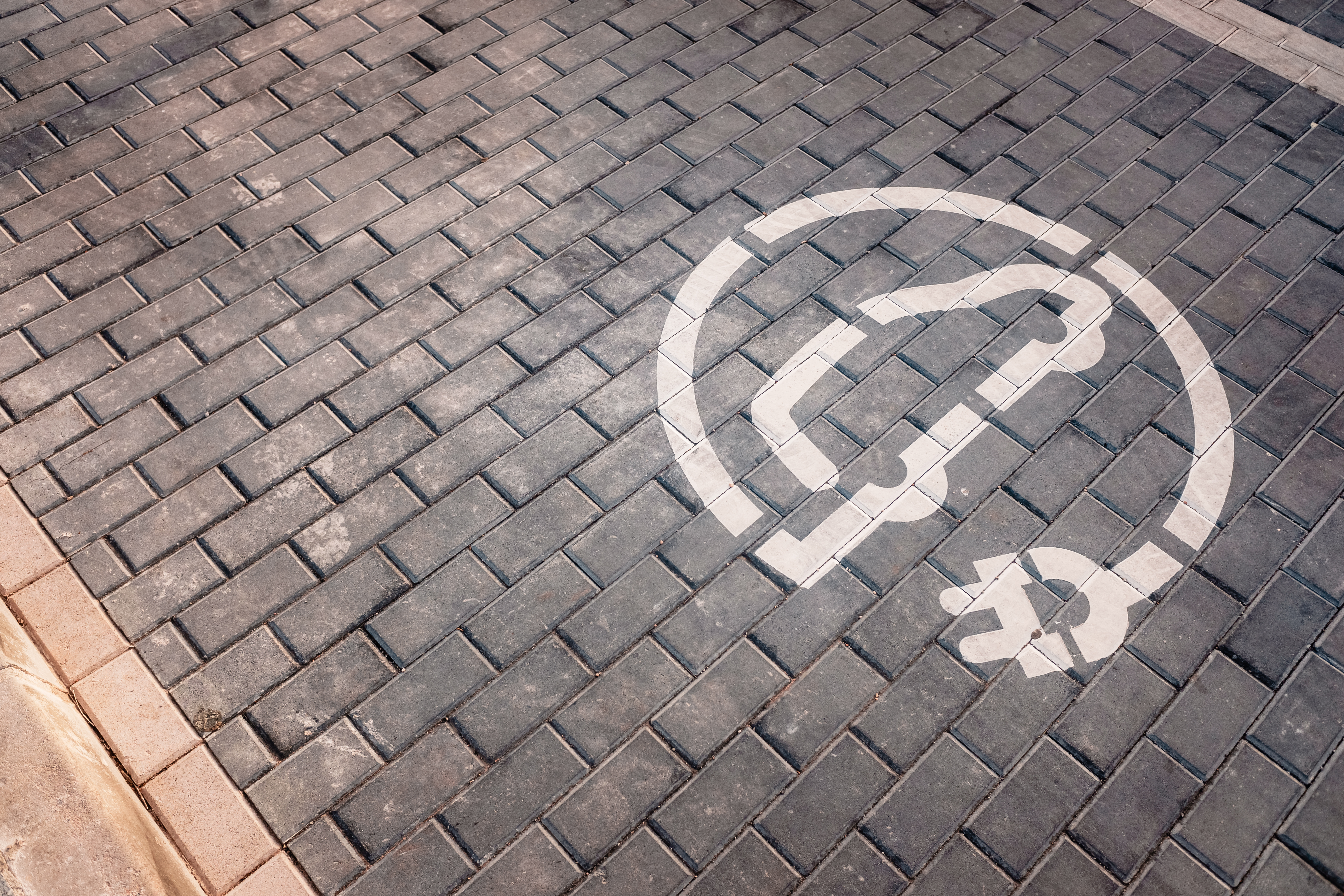

Electrifying Vehicles
A New Service for Electrifying Vehicle Fleets Offers an Interesting Investment Opportunity
The single largest hurdle for vehicle electrification is the infrastructure needed to charge them. And that is an even larger hurdle for fleets of electric trucks. Shipping companies are reluctant to switch to EVs due to the extra expense of the charging infrastructure.
That issue created an entirely new service industry – Fleet Charging as a Service. Charging as a Service (CaaS) is an EV charging delivery service that lets businesses use EV charging without installing infrastructure. Businesses can get electric vehicle supply equipment without paying upfront, long lead times, or needing construction.
According to McKinsey Sustainability, a division of industry analyst McKinsey & Co, CaaS service could be worth billions of dollars per year within the next six years:
By 2030, the US market for energy-optimization services to support the charging of electric-vehicle fleets could be worth $15 billion per year.
…EVs do cost more than comparable vehicles with internal combustion engines (ICEs). However, their superior efficiency, the moderate price of electricity, and the high utilization of fleet vehicles allow fleet operators to quickly recoup the extra up-front cost of an EV and achieve a lower total cost of ownership. Our estimate suggests that fleet EVs can have a total cost of ownership that is 15 to 25 percent less than that of equivalent ICE vehicles by 2030.
EV fleets are the optimal segment of the market for CaaS. What’s interesting is that fleet vehicles can be used as battery storage. Charging batteries during low-demand period and selling that power back to the grid during peak periods could be worth $1.6 billion per year by 2030. The levelling power would reduce the cost of power by $4.4 billion per year over that same period.
Several companies see the potential of CaaS. EV Connect and Skycharger lead the field. They offer the service without any capital cost to the fleet owners. Andy Karetsky, president and founder at Skycharger said:
“We are pleased to partner with EV Connect to provide businesses with a financing option to electrify their fleets and build out electric vehicle infrastructure with little or no upfront capital costs. Vehicle electrification is coming, and Skycharger is here to provide fleet owners a solution that makes adoption of electric vehicles easy for them.”
The partnership offers fleet charging at a predictable monthly cost. It simplifies the process of moving fleets to electric. It removes the risk of soaring fuel costs and stabilizes the cost of operation based on electricity costs.
Energy Digital put together a list of the top ten CaaS business:
- Compleo Charging Solutions AG (Hanover: COM)
- BP Pulse (Private)
- ADS-TEC Energy (Nasdaq: ADSE)
- Blink Charging (Nasdaq: BLNK)
- Allego (Nasdaq: ALLG)
- Wallbox (NYSE: WBX)
- Naas Technology (Nasdaq: NAAS)
- Evgo (Nasdaq: EVGO)
- ChargePoint (Nasdaq: CHPT)
- Tesla (Nasdaq: TSLA)
All but one of these businesses are publicly traded. Investors looking for an opportunity in CaaS can start their research with this list.
For the Good,
The Mangrove Investor Team
Numbers to Know
9788
A current search for DC Fast chargers in North America results in finding 9788 chargers. If you want to see those near you check out this interactive map. (US Dept. of Energy)
1900
The year of the first public electric car charger. Introduced at the 1900 New York Madison Square Garden auto show, the General Electric “Electrant” was an early attempt at public charging. (Road & Track)
4 Million
Want to splurge? The Aspark Owl is the first full-electric hypercar and cost $4 million dollars. The Owl can sprint from 0 to 60 MPH in just 1.69 seconds – making it one of the fastest-accelerating electric cars in the world. (Top Speed)
What’s New in Sustainable Investing
Global Charging as a Service Market Report to 2030
The global charging as a service market size is expected to reach USD 1.24 billion by 2030, expanding at a CAGR of 22.6% from 2022 to 2030. (Global News Wire)
UK Prime Minister Rishi Sunak’s green U-turn baffles sustainable investors
UK prime minister Rishi Sunak has announced a major u-turn on the government’s climate commitments, including delays to the ban on the sale of new petrol and diesel cars and the phasing out of gas boilers. (Carbon Brief)
Video Of The Week
400V vs 800V Charging – What does it mean?
What is 800V charging and does it really matter? Great explainer video on the what, how and why…




